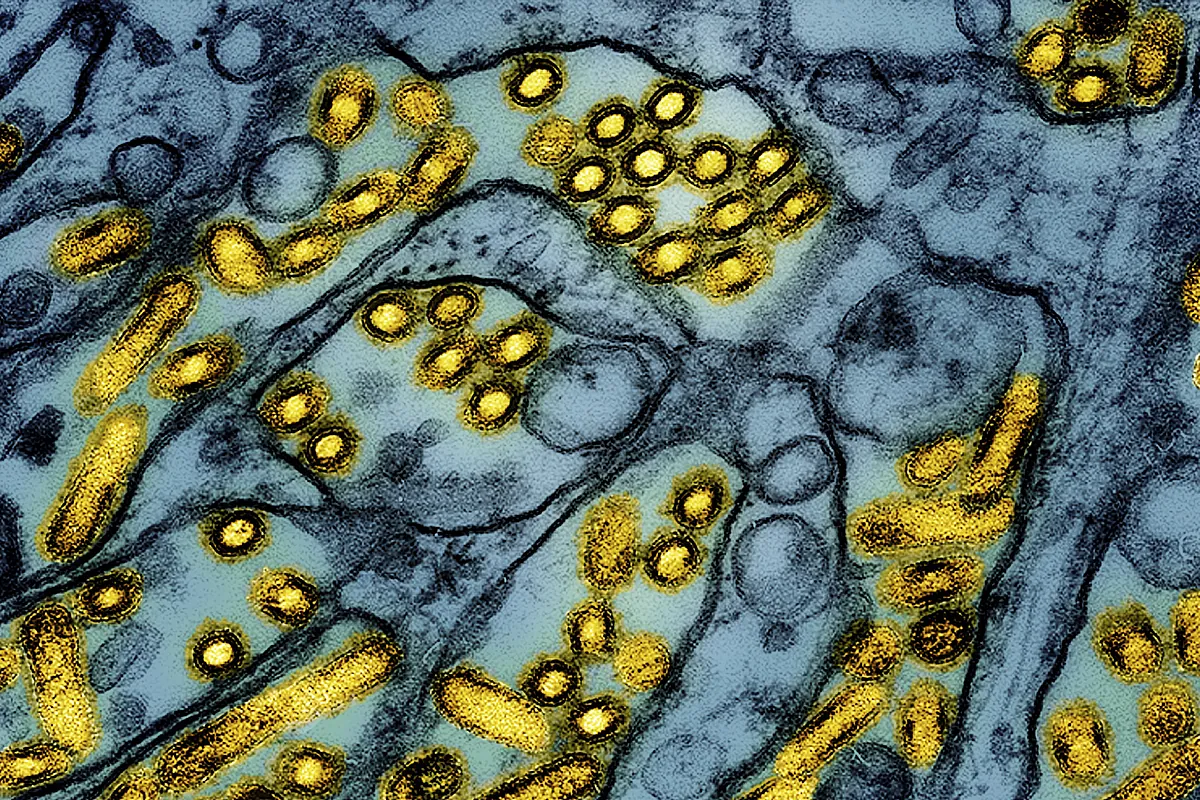
Editions:
En/lifestyle/us-news
Fears grow over latest strain of avian flu
A person in Louisiana has become the first in the United States to develop severe illness from the H5N1 bird flu, marking a concerning milestone in the growing outbreak.
The U.S. Centers for Disease Control and Prevention (CDC) confirmed the case, noting that the individual contracted the virus after exposure to sick and dead birds in a backyard flock-a first in the U.S. According to CDC officials, this case is significant due to the rare nature of the transmission.
This new case comes amid increasing concerns over H5N1’s spread across the U.S. The nation has seen 61 confirmed cases and seven probable cases of human infections so far. In response, the U.S. Department of Agriculture (USDA) has expanded efforts to monitor the virus, requiring states to test bulk milk in order to detect the virus in dairy cows and prevent new outbreaks.
In addition, Labcorp announced that it is now offering a commercial test for H5N1 to the public, available through a physician’s order. These measures are aimed at tracking the virus’ spread and providing accurate data for health officials to respond effectively.
Along with the Louisiana case, a probable H5N1 infection was identified in Delaware through routine influenza surveillance in early December. However, confirmatory testing could not verify the infection, so this case is not included in the national count.
No known animal exposure was reported for this individual. Meanwhile, H5N1 was detected in wastewater samples in Delaware near the state’s poultry farming regions, though no cases in poultry or livestock have been reported.
Experts suspect that migratory waterfowl in the Atlantic Flyway are likely the source of this detection in wastewater.
Despite these cases, the CDC maintains that the general population’s risk of contracting H5N1 remains low. However, people who work with or have recreational exposure to infected animals are at higher risk. The CDC advises such individuals to take precautions, including wearing respirators and seeking medical attention if flu-like symptoms develop.
The Louisiana patient, who was severely ill after initially testing positive for flu A, was later confirmed to have contracted H5N1. While the CDC has not shared specific details about the patient’s symptoms or treatment due to privacy concerns, public health officials continue to monitor the situation closely.
While the U.S. has stockpiled millions of H5N1 vaccine doses, they are not yet authorized by the Food and Drug Administration (FDA). Health officials have not made any changes to the vaccination strategy at this time but continue to focus on surveillance and prevention efforts to curb the spread of the virus.
© Unidad Editorial Información Deportiva, S.L.U. All rights reserved.
Follow us
